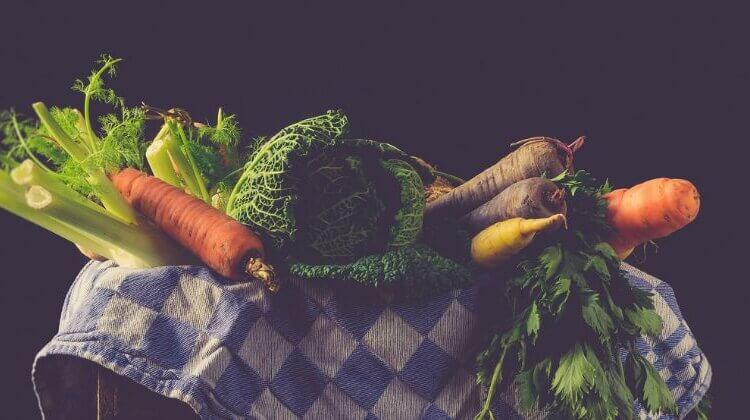
Gardening during the mild winters of Northeast Florida can be a rewarding endeavor for local residents. Particularly in USDA Hardiness Zone 9B, the region’s climate presents unique opportunities for growing a variety of vegetables and herbs. Understanding the specific climate and soil conditions of this area is crucial to harness the full potential of your winter garden.
Understanding Winter Climate
Northeast Florida typically experiences mild winters with occasional cold snaps. Temperatures rarely drop to freezing, creating an ideal environment for many cool-season crops. However, gardeners should be vigilant and prepare for sudden temperature drops that are characteristic of Zone 9B. These conditions necessitate selecting plants that can tolerate mild winters with the resilience to withstand unexpected colder nights.
What to Plant in a Winter Garden in Florida
Winter gardens in Florida can support a wide range of vegetables and herbs that might not thrive in the hotter months. Some excellent choices include:
- Leafy greens such as kale, spinach, and collards, which can handle the cooler temperatures.
- Root vegetables like carrots, beets, and radishes, which grow well in the cool, damp soil of winter.
- Cruciferous vegetables such as broccoli, cauliflower, and Brussels sprouts, ideal for harvest in late winter.
Adding herbs like parsley, cilantro, and dill can also complement your vegetable harvest, as they thrive in cooler weather and can often survive a light frost.
Best Crops
For gardeners in Zone 9B, focusing on crops that are well-suited to the winter climate will yield the best results. Some top-performing vegetables in this zone include:
- Broccoli and Cauliflower, which are not only frost-tolerant but actually become sweeter with a touch of frost.
- Lettuce thrives in cooler temperatures and can be grown continuously with staggered planting.
- Peas can be sown directly into the soil during early winter and will produce a hearty crop by spring.
These crops are particularly rewarding for winter gardeners in Northeast Florida, providing fresh produce throughout the season.
Monthly Planting Guide for Northeast Florida
To maximize your garden’s output, it’s helpful to follow a monthly planting guide:
- November: Focus on planting hardy greens like kale and collards, along with root vegetables such as carrots and turnips.
- December: This is a good time to start broccoli, cauliflower, and lettuce, ensuring they mature during the coldest months.
- January: Continue planting frost-tolerant vegetables and consider starting early spring crops in a protected environment.
This schedule will help extend your harvest and prevent gaps in vegetable availability.
Cultivation Tips for Winter Vegetables
Proper soil preparation is key. Winter crops prefer well-draining soil rich in organic matter to combat the cooler, damp conditions. Mulching can help maintain soil temperature and moisture levels, while also keeping weeds at bay.
Watering in winter should be less frequent, as plants require less water due to cooler temperatures and reduced evaporation rates. However, ensure the soil remains moist, especially during dry spells.
Pest Management in Winter
Pests can still be a problem in winter. Slugs and snails are common and can be controlled with organic bait or barriers. Keep an eye out for aphids on younger plants, using insecticidal soap or neem oil as needed.
Harvesting and Storing Winter Crops
Harvest vegetables when they are mature but still tender. Leafy greens can be picked leaf-by-leaf to extend their productivity, while root vegetables can be left in the ground until needed, as long as the ground does not freeze.
Store harvested crops in a cool, dry place to extend their shelf life. Many root vegetables can be kept in the soil, covered with straw or a frost cloth, and harvested as needed.
With the right knowledge and preparation, winter gardening in Northeast Florida’s Zone 9B can be incredibly productive. By selecting appropriate crops and following the seasonal guidelines, gardeners can enjoy a bounty of fresh vegetables throughout the winter months.
We’d love to hear about your winter gardening experiences or any specific questions you have about gardening in Northeast Florida. Share your stories and questions in the comments below to join our community of local garden enthusiasts!


Leave a Reply